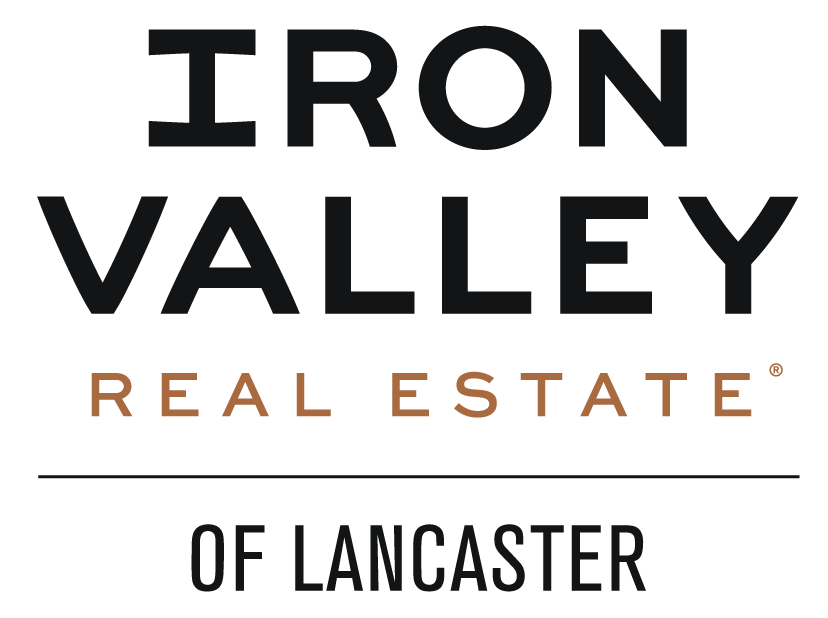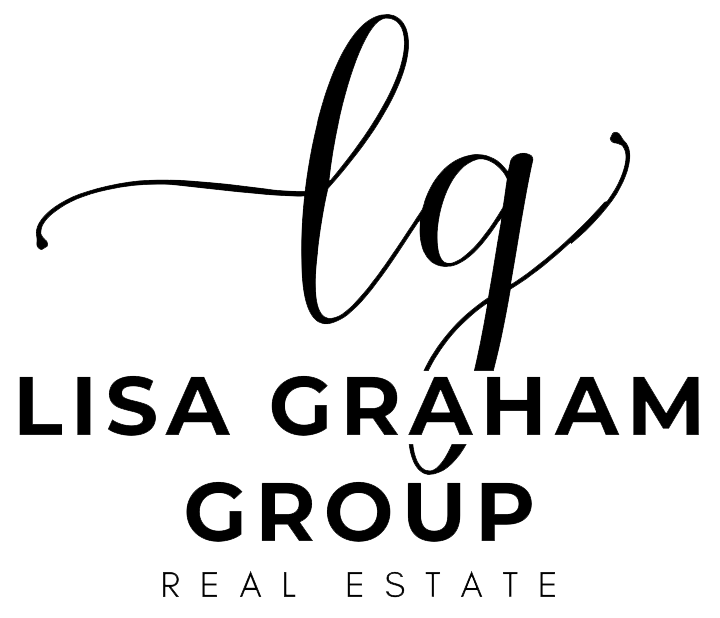The spring market is off to a fast start with homebuyers eagerly entering the housing market to find a home! Inventory is slowly picking up, but is still low, and there are not enough houses to meet homebuyer demand. What this could mean for you is that you will be competing with other homebuyers for the same house! Your offer needs to stand out above the competition. Writing a winning offer in a competitive real estate market requires strategy, preparation, and a strong understanding of what sellers value most. Here are 10 key tips to make your offer stand out.
1. Offer a Competitive Price
Rely on your realtor to help you research recent comparable sales and market conditions to determine a competitive price. She will help you understand what homes are selling for in the area, the condition of the home you’re interested in, how many days it’s been on the market, and how desirable it will be to other buyers. In a multiple-offer situation, consider offering above the asking price if the market demands it.
2. Get Pre-Approved (Not Just Pre-Qualified)
A pre-qualification is a preliminary and less detailed process by a lender to give you a general idea of what you can qualify for. A pre-approval is a more thorough process with a look at your income, taxes, debts, credit, etc., and provides you a firmer estimate of what type of loan and amount of money you qualify for. A pre-approval letter from a lender shows sellers that you are a prepared and financially capable buyer.
3. Minimize Contingencies
A contingency is basically anything that allows you to walk away from the deal or can cause the transaction to fall through. Keep your contingencies (such as financing, appraisal, and inspections) reasonable to make your offer more appealing. Only use contingencies that you need to use, and inspections that are deal breakers to you. Consider waiving or shortening the inspection period if you’re comfortable with the risk, or offer to cover inspection repairs up to a certain amount.
4. Increase Your Earnest Money Deposit
When you write an offer, you will need to decide how much money to put down as your earnest money or good faith deposit. This is the amount of money you risk losing if you change your mind and walk away outside of a contingency. (So if your mortgage falls through, you would get this money back.) A larger earnest money deposit shows commitment and reassures the seller that you’re serious about buying their home.
5. Be Flexible with Closing Terms
Your realtor will check to see when the seller’s preferred closing date is and if they have any other needs or considerations. The seller may need a specific closing date because they are building a new house. They may need to close to get their funds and then rent back from the new owner for several days. They may ask to leave a moving pod in the driveway until after closing. Accommodate the seller’s preferred timeline for closing or offer a rent-back if needed.
6. Consider an Escalation Clause
When directly competing with other buyers, an escalation clause can help you offer your highest amount without going way over the competition. An escalation clause is like automated bidding. You set your starting bid, then your offer automatically increases by $1,000 over the next highest offer until your max bid is reached. This allows your offer to automatically increase (up to a limit) against competing offers. Some realtors/sellers do not allow this so your realtor will check if an escalation clause is possible.
7. Cover an Appraisal Gap
Often in a hot market, homes will sell for over the list price. In this case, the concern is whether or not the appraisal will come in at value or lower. The appraised value is the amount the lender can loan you for the house. So if your appraisal comes in lower, who is going to make up the gap? In a competing situation, consider offering to cover the appraisal gap. You can limit the amount or cover any gap. (Understand that this money comes out of your pocket!) This assures the seller that they will indeed get the amount you offered on the contract.
8. Use Cash or A Cash-Backed Offer
If you have a large savings or retirement account, consider using this account as proof of funds so you can write a cash offer. You can still get financing for the home purchase. The catch is, if your financing is not complete before the closing date, you would need to withdraw the funds and pay in cash. Before doing this, get your financing all set up so you’re ready to go. If you don’t have the ability to show proof of funds, you can still write a cash-backed offer, which allows you to waive the financing contingency. Check with your lender for this option.
9. Work with an Experienced Realtor
In a competitive housing market, it’s imperative to work with an experienced realtor. If you’re a very strong buyer with extra savings, or if you’re a buyer with a lot of contingencies, she will know the right strategy to help you find a home. A skilled real estate agent can help you understand your strengths and weaknesses in home buying in this competitive market. She can help you write an offer to the best of your ability, offer insight and tips, and negotiate on your behalf.
10. Move Quickly
I can’t tell you how many times a buyer missed out and told me, “I can’t believe that house sold already!” In a hot market, hesitation can cost you the home. Get out there and look at homes. Know what you’re looking for in a home, your must haves, your deal breakers, and your realistic budget. Be ready to act fast when you find the right property!
Would you like help crafting a winning offer or having an expert negotiating on your behalf? Please reach out to me about your home buying questions and needs. We can work together to formulate the best strategy for finding you a home in this competitive market!







